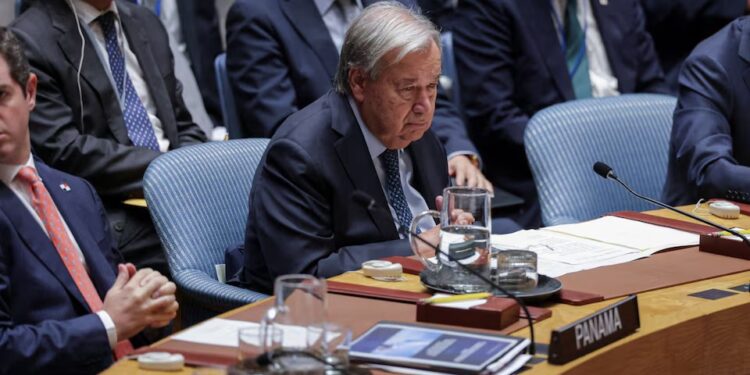China has unveiled a comprehensive set of climate initiatives, placing itself at the forefront of global environmental leadership while the United States faces mounting criticism for retreating from multilateral commitments. The announcement signals Beijing’s determination to guide climate diplomacy at a time when Washington stands accused of undermining international cooperation.
China unveils new pledges
The plan expands renewable energy development, accelerates the phase-out of coal, and introduces tougher emissions standards for key industrial sectors. It includes large-scale investment in offshore wind projects, additional subsidies for electric vehicles, and stricter enforcement of pollution limits. Officials emphasised that these measures support China’s long-standing goal of achieving carbon neutrality by 2060, positioning the country as a driver of global progress under the Paris Agreement.
United States criticised for inaction
By contrast, the United States is under pressure for policies widely viewed as obstructive to international climate efforts. Domestic political divisions and reliance on traditional fossil fuel industries have fuelled accusations of climate denial at the highest levels. The gap between Beijing’s pledges and Washington’s scepticism has created an opening for China to project itself as a responsible global leader.
International reaction
The European Union welcomed the new measures, calling them a significant contribution to shared global objectives. Several developing nations also expressed support, highlighting the plan’s provisions for technology transfer and financing. However, critics noted that China’s continued involvement in overseas coal projects remains a contradiction that could weaken the credibility of its broader commitments.
Economic and geopolitical implications
China’s strategy extends beyond environmental policy. Domestically, it strengthens industries that Beijing expects to dominate global supply chains for clean energy technology, including solar panels, batteries and electric mobility. Diplomatically, the initiatives bolster China’s ability to build alliances with nations seeking ambitious climate partners, further distinguishing its approach from that of the United States. The rivalry between the two powers is now increasingly visible in environmental as well as economic and security arenas.
A decisive moment for climate leadership
China’s move highlights a pivotal question over who will lead the world’s climate agenda in the years ahead. If fully implemented, the measures could secure Beijing’s position as the driving force in global climate negotiations. Failure to deliver, however, would risk eroding trust at a time when collective action is urgently required.
Newshub Editorial in Asia – 25 September 2025




Recent Comments